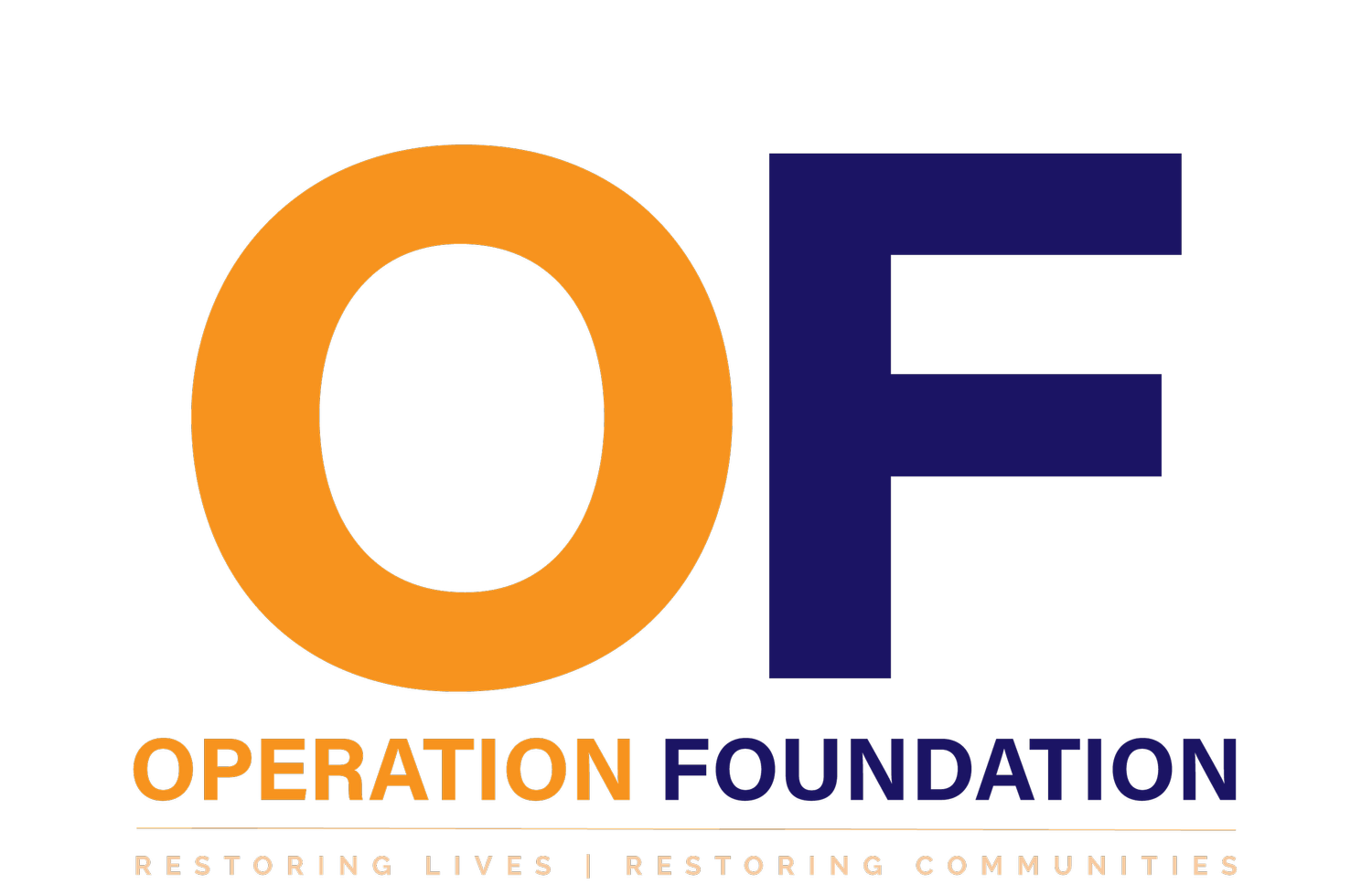A couple of years back I found myself having coffee in Suva with a Dutch criminologist discussing his studies in how juvenile delinquents make their decisions. It was rich conversation and as he talked about his research and what was showing up in the findings I interrupted him to say – ‘much of what your findings are showing have a parallel in scripture and in Christian faith and practice’. The conversation took another rich turn suffice to say that there is a heady mix of questions, argument and debate in what role, if any, spiritual formation plays in the rehabilitation of people, prisoners in particular.
The questions often collect around the very simple themes of:
- the nature of man?
- what brings change to the human condition?
- and what sustains change in our human behaviour?
Dallas Willard wrote an essay that became a lecture given at the Talbot School of Theology in 2008. Willard spoke of pornography and spiritual formation, providing powerful insights into what shapes the heart and mind leading into and away from the desert of pornography. In his essay 'Beyond Pornography', Willard makes the case that everyone, no matter how degraded, has had spiritual formation boldly stating that, 'a person who is engaged or involved in pornography is so because of their spiritual formation'. Willard goes on to define spiritual formation in referring to 'how the basic elements of human life - the will, the thoughts, the feelings, the body, the social relationship, and the depths of the soul - have been shaped so that character and life come out of how they have been shaped'. Willard's contributions to our understanding of spiritual formation are compelling even though he is using pornography only as a single but highly relevant example.
As we look further to how others have made contributions to this debate we discover that Amy Levad who has written a compelling work in 'Redeeming a Prison Society - A Liturgical and Sacramental Response to Mass Incarceration'. Her approach built richly in the understanding of Imago Dei (man in the image of God) confronts our understanding of justice and spiritual care of those in prison, while building a considered argument for the place of the sacred (spiritual formation) in building a new person, a new framework and a new response.
Turning to our own limited work, in an Oceanic and community cultural setting, we continue to see the power of enacting a spiritual formation to bring and sustain personal change. Our practice underscores the critical importance of spiritual formation in rehabilitation.
Charles Taylor has made some significant contributions in our understanding writing in his highly regarded work, ‘Sources of Self - the making of the modern identity’, that the essential frameworks of values, as provided by faith and religious tradition, are critical in both knowing and forming who we are, who we know we are, and by what standards we identify what is good and subsequently form our 'good life'.
In developing Taylor's and others contributions, a crime problem is essentially both a sin problem and a spiritual formation problem. An enquiring approach that allows us to share the linguistic, connecting crime, sin and spiritual formation, also finds a permission to explore the powerful redemption pathway offered in the gospel. However if we accept such a linguistic connection and a spiritually formed solution then we arrive at the new problem of who then is best equipped to rehabilitate?
The problem and the challenge is that as a church we seem to have significantly disengaged the prisoner from our gospel, care and formation focus. By our silence we appear to be giving consent to the fact that redemption and rehabilitation is to be found in incarceration, not by a Saviour and the supportive response of His followers. We seem to have bought into the cultural and political response of 'law and order' thereby dismissing the underlying spiritual human need that cries out to us from the one who is 'hungry and thirsty'.
What are our fears - that the gospel is not powerful enough to effect change in prisoners? That we are not equipped to deal with sin and its effects in the small communities we gather together in called church. That my need for security and comfort outweighs the command to 'go and make’, which by implication necessitates risk and certain discomfort!
As I listen and talk to the passionate secular voices currently engaged in the field of rehabilitation, the critical challenge emerges that we need to better understand how to engage our spiritual and prophetic voice - and most importantly to walk the talk of our faith and redemption and to learn how to spiritually care for the souls given into our care!
Peter
Quoted: 'Beyond Pornography' - Journal of Spiritual Formation & Soul Care - Institute of Spiritual Formation, Biola University: Journal Spring 2016 Volume 9, Number 1

